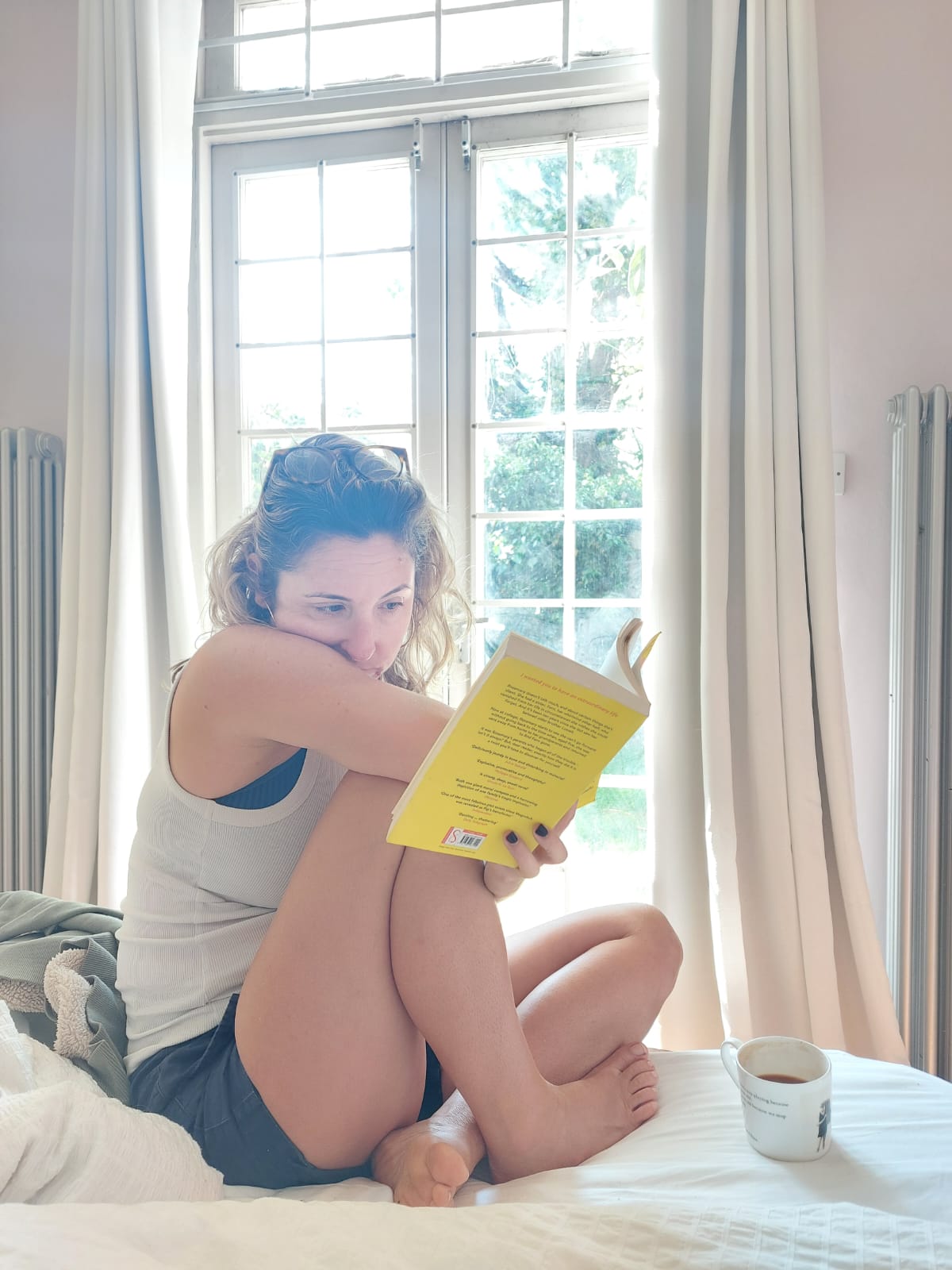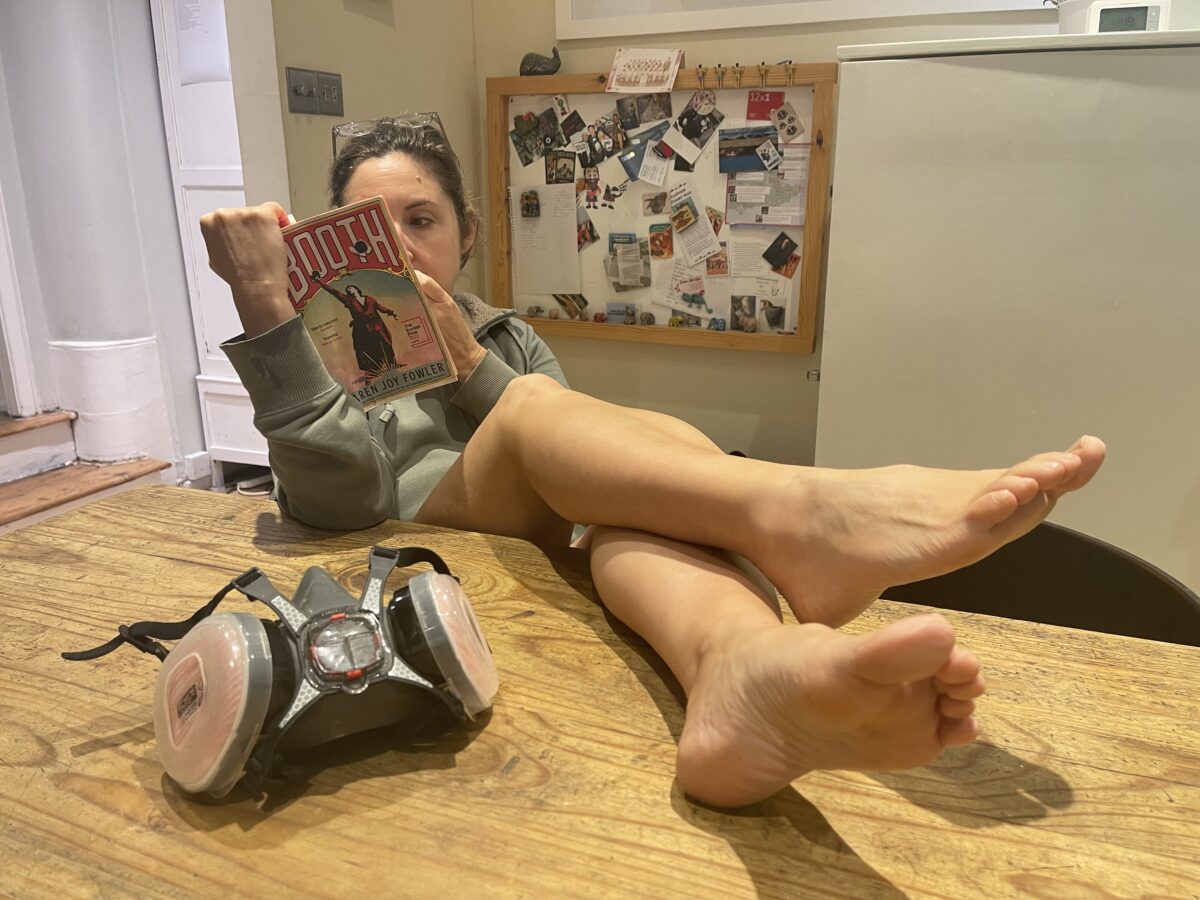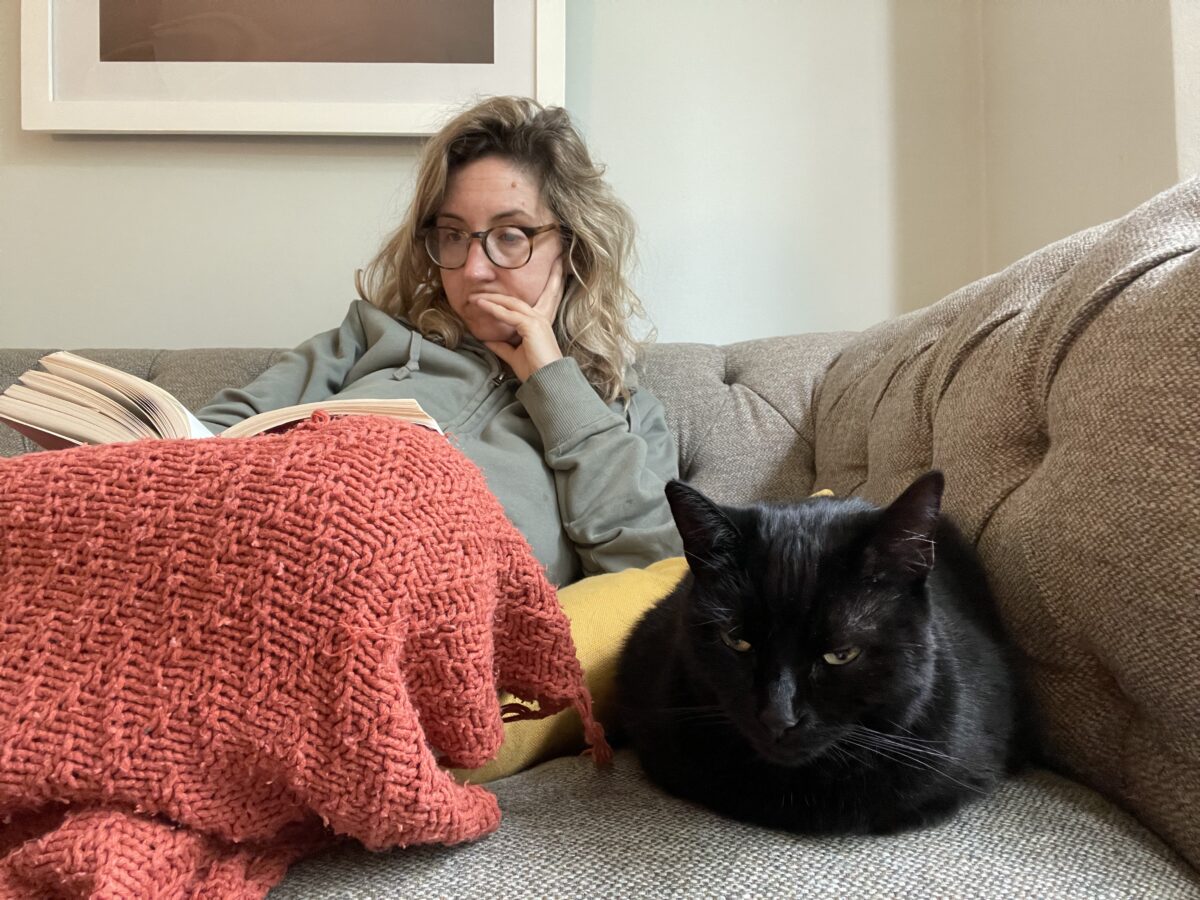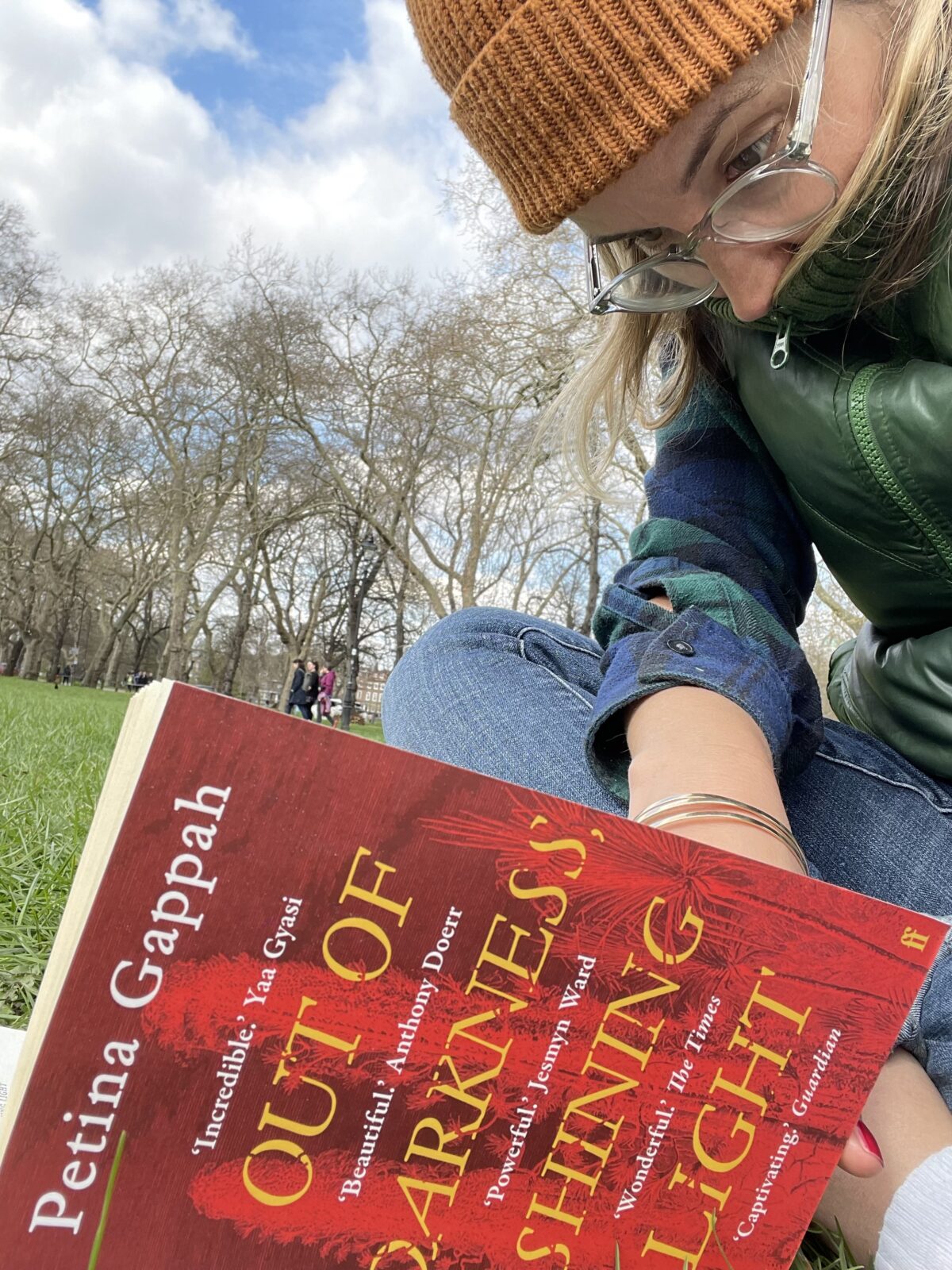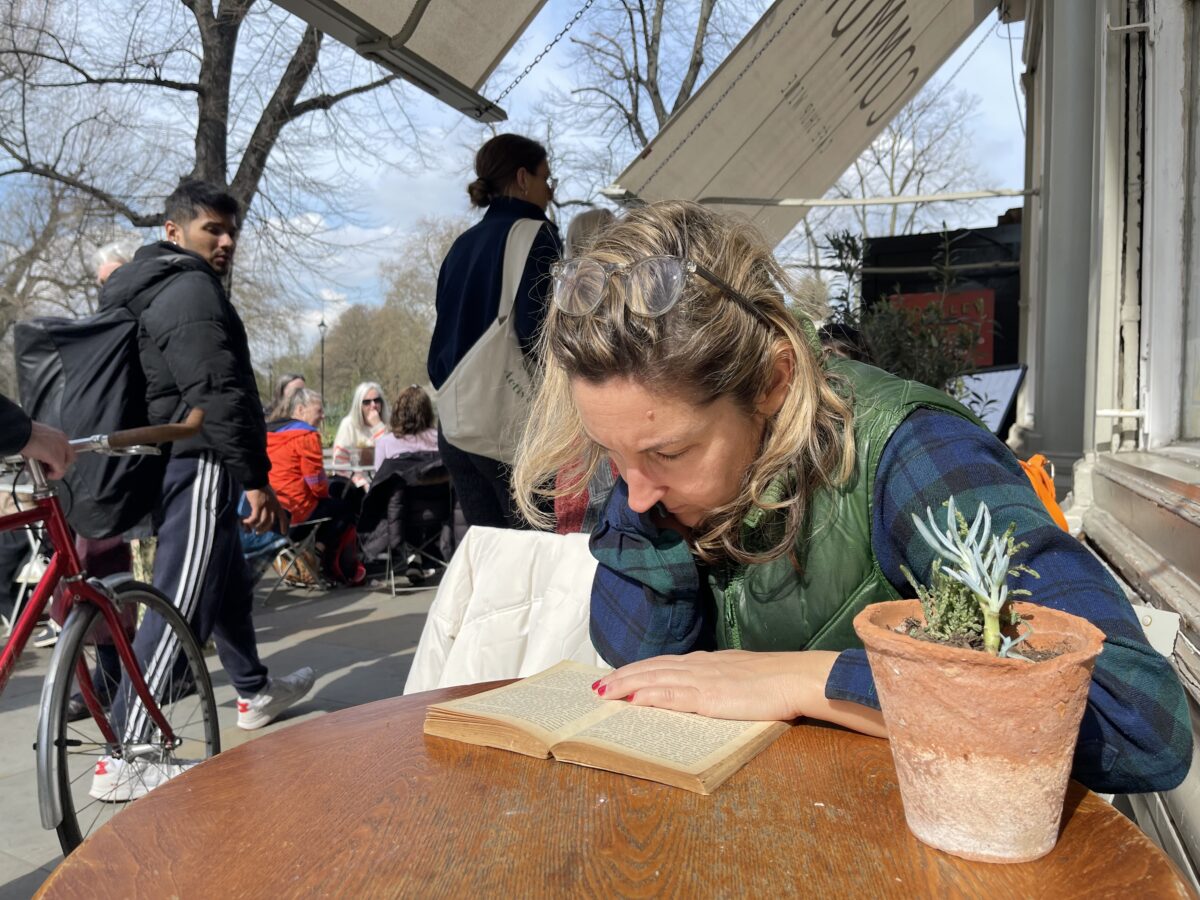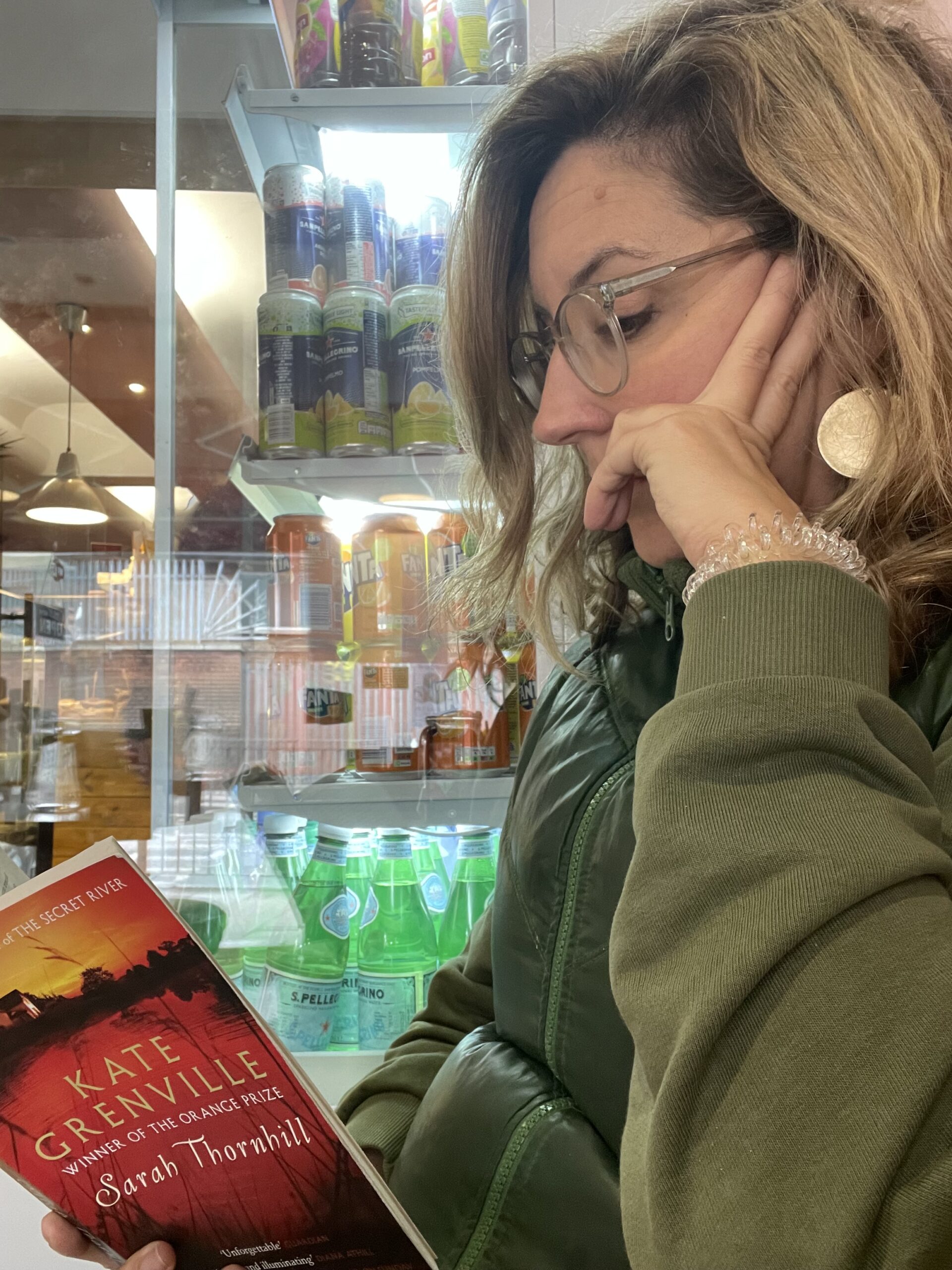I read this romance because it was recommended in the New York Times. I was not quite prepared for how genre it was. It was full of smouldering eyes and things that throbbed. That said, I enjoyed it! The author pulled off the difficult feat of writing historical fiction in a way that felt contemporary and real without being ridiculously anachronistic. I also think genre writers don’t get nearly enough credit for how difficult it is to re-tell the most re-told stories in a way that is fresh and interesting. Also, I must confess I read it on a hot beach with a cold beer. How dead inside would I have to be to not enjoy that?
Tag: fiction
BURMA BOY by Biyi Bandele
This is a comic novel that is described in reviews as ‘vivid’ and ‘horrifying,’ and it certainly is. It tells the story of Nigerian soldiers fighting in Burma in WWII. There is a lot of joy in it, and especially in the dialogue, which bounces along with the kind of fun I recognize from my Abuja days. Try this, when one man finds he has been assigned as muleteer rather than a soldier:
“‘Mules?’ Ali gasped as if he’d been stung by a driver ant. ‘Do you know who I am? I’m the son of Dawa the king of well-diggers whose blessed nose could sniff out water in Sokoto while he’s standing in Saminaka. I’m the son of Hauwa whose mother was Talatu whose mother was Fatimatu queen of the moist kulikuli cake, the memory of whose kulikuli still makes old men water at the mouth till this day. Our people say that distance is an illness; only travel can cure it. Do you think that Ali Banana, son of Dawa, great-grandson of Fatima has crossed the great sea and travelled this far, rifle strapped to his shoulder, to look after mules?'”
It is a very accomplished book, but I could not finish it. It was just too sad. People’s heads explode mid-sentence, people are left to die on death marches, you get the idea. I am hesitant about if you should ever die in any war, even a just war, even a war for your own country. I am not sure there is ever victory in death. And certainly, these Nigerians dying in Asia, for a European war: I just couldn’t handle it.
WE ARE ALL COMPLETELY BESIDES OURSELVES by Karen Joy Fowler
I so loved Fowler’s BOOTH that I decided to immediately turn to the much more famous WE ARE ALL COMPLETELY BESIDES OURSELVES. It is full of fun snippets. As for her example, her landlord: “Ezra Metzger, a name of considerable poetry. Obviously, his parents had had hopes.” And when two people come to enquire about him:
They said he’d applied for a job in the CIA, which struck me as a terrible idea no matter how you looked at it, and I still gave him the best recommendation I could make up on the spot. “I’ve never seen the guy,” I said, “unless he wants to be seen.”
LOL. And all this for a super minor character. Or try this, on her childhood toy:
. . . Dexter Poindxter, my terry-cloth penguin (threadbare, ravaged by love – as who amongst us is not) . . .
I love that parenthesis. That said, I did not like this novel nearly so much as BOOTH. It has a twist that I don’t want to give away, so it is hard to tell you too much about it, but while jokey it is actually a novel about grief. And that I just found too much like hard work. It was a long journey through loss, and I wasn’t really ready for that.
BOOTH by Karen Joy Fowler
I really liked this one. It is the story of the family of John Wilkes Booth, the man who assassinated Abraham Lincoln. It is a fiction, based on their actual lives, and their actual lives were extraordinarily loopy. Their father was a celebrated actor, who also seems to have been lightly crazy. He did a lot of physically attacking good friends, holding funerals for pigeons (?), and digging up his dead children to try and embrace them back to life (this I actually find not that crazy). His wife slogged her way through ten children, a good chunk of whom died of infancy, and much of the book is haunted by this loss. (This I wonder about: did people really feel this way when children were so much less voluntary than they are today?)
Then we find out that the wife is not really the wife, and he has a wife in England, who comes over to Maryland and spends her time following the family around loudly declaiming they are whores and bastards. I do find this a cool thing to do, and if I am ever betrayed I will 100% be following this path and not being suckered into having ‘dignity.’ I would much rather have revenge.
We are very close to the perspectives of three of the siblings, two of Wilkes sisters and the brother Edwin (who goes on to be a very famous actor himself), but not actually ever to Wilkes. It is kind of interesting to see how his family do not realize that Wilkes is drifting into extremism. It is in that way a very modern story. But the heart of the story is really not at all the assassination, but more a picture of family life in nineteenth century America, and it is compellingly lively and interesting. Try this, after Edwin’s young wife dies:
He leans forward, elbows on his knees, head in his hands. He closes his eyes. He hears birds, the murmured stream of conversations, children laughing as they run. It’s a peaceful scene, offensively so. He rejects it, this thin skin of happiness over the dismal world. Say good-bye to it, Hattie, and go straight to God. I’m going to need you there, making me coffee and toast, when my turn comes.
It was a very complete world. This last paragraph of the book was I thought great, maybe because it summed up the whole sweep of the thing:
More than a century has passes since they clapped and shouted and cheered him. All of them, every person in every seat in every theater, now dead. One by one, they go, winking out of existence. The enslaved . . . though only ten years old I sold for . . . and the free, the civilians, the soldiers . .. wherever they fired on our boats we burnt everything that would burn . . . the spies, the thieves, the overseerers, the auctioneers, the nurses . . I have forgotten how to feel . . . the clerks and the clergy, the critics, the poets and politicians, the profiteers, the postboys, the lion tamers, the pigeon killers, the mummers, the mourners, the farmers, the famous, the failures, the fortunate, the fallen, Frederick, Mary Ann, Elizabeth, Henry, John, June, Asia, Rosalie, Edwin, Joe. One by one, they go.
TINKER TAILOR SOLDIER SPY by John Le Carre
I loved Le Carre’s most famous novel, THE SPY WHO CAME IN FROM THE COLD, and so expected to enjoy this, his second-most-famous. Instead I was just confused. It just seemed like there were a lot of names and a lot of middle-aged men talking to each other sweatily. I think this is not the author’s fault, but mine, for reading it in tiny snippets while falling asleep over a long period.
I learnt later that the book is based on the real story of how Kim Philby, one of the most important people in MI5, was eventually unmasked as a Soviet spy in 1963. I was required to dive deep into the Wikipedia, where I was most enthralled to learn that he was turned to the Soviets while at Cambridge, and spent his whole early career attempting to get into MI5, solely for the purposes of being a traitor. Once he had fled to Moscow, he said his ‘purpose in life was to defeat imperialism.’ What a baller, bizarre statement! Can you imagine being so entranced by something in university that you would stick to it single-mindedly for the rest of your life, lying to every single person you know for decades? Can you imagine spending years sending people to their deaths for a ‘concept’? I can barely commit to a haircut!
PRIDE AND PREJUDICE AND ZOMBIES by Jane Austen and Seth Graham-Smith
Here is a book based on a hilarious idea for a title. I just love the fact that this title exists, but more than that, that someone decided to make a book of it, and more than that, that it became a best seller.
This is the first line: “It is a truth universally recognized that a zombie in possession of brains must be in want of more brains.”
And it goes on from there, cutting back and forth between the original and scenes of bloody violence. I read an interesting article with the contemporary author, who said it seemed to him obviously very adaptable to zombies, because it involved so much going about the countryside, and a whole platoon encamped nearby for no real reason. I had never thought of this, but it’s true, and I guess a great book contains multitudes.
Towards the end I just started skipping the zombie bits and enjoyed a re-read of PRIDE AND PREJUDICE. It’s just extraordinarily, intimidatingly good, and funnier even than zombies.
OUT OF DARKNESS, SHINING LIGHT by Petina Gappah
A fantastically fun telling of the true story of the group of people who carried the corpse of David Livingstone from where he died, in today’s DRC, to the coast, a journey of 3,000 kilometres.
This group were those who had been travelling with him in his huge, and very bizarre search for the source of the Nile, guided by, of all things, the ancient Greek Herodotus. I mean I know Livingstone was parading around Africa but I did not know it was using an ancient Greek who had never been to Africa as a guidebook.
It is a quixotic choice to carry this body to the coast, and I don’t suppose anyone really knows why it was done. The story is told from that of two perspectives, real people who actually accompanied him. One is a Zanzibari cook, who annoys everyone by continually going on about Zanzibar. The other is a man who was abducted and sold into slavery as a teenager, liberated on the ocean by the British, dropped off in India where he was taken to school, before returning to Africa to do one of the weirdest roundtrips of all time.
It’s a charmingly written book, with both voices fully imagined and very enjoyable. What mostly inspired me about it though was how all these people, Livingstone included, were living lives so far outside the pale of what they were ever born to or was expected of them. What wild lives!
A WREATH FOR THE ENEMY by Pamela Frankau
Here is a highly mysterious book told with four different voices. What it is about is hard to say: it’s I guess partly about losing your virginity, about about betraying your parents, and about a cow that is saved from drowning. In short, it all goes on. The best voice is the first one, where a thirteen year old girl is working on her book, the Anthology of Hates, which is all about all the people and things she hates. Brilliant.
Best of all was that this was an old library book, which has not been checked out since 1985. These kinds of old smelly books that have passed through many hands are my favourite.
WHO WAS CHANGED AND WHO WAS DEAD by Barbara Comyns
Here is another book by wonderful Barbara Comyns, whose biography is a total inspiration. It is all selling puppies and moving to Spain and renting flats and being a painter, and being a novelist is just by-the-by.
WHO WAS CHANGED AND WHO WAS DEAD is quirky even by the standards of her other books, which are pretty damn quirky. It begins mid-flood, with ducks paddling around the living room, “quacking their approval.” Then one by one the townspeople start to go mad. It is all down to some poisoned flour, but this is not the point. The point is the madness, and especially the freedom that is found in it. It was deeply and weirdly enjoyable.
SARAH THORNHILL by Kate Greville
I enjoyed Kate Greville’s THE SECRET RIVER so much that I had to go almost instantly to its sequel, SARAH THORNHILL. The first one covered the life of a English convict transported to Australia, and the terrible things he did to build himself a life there. The second one tells the story of his daughter, who has to deal with these terrible things.
Sarah, the daughter, falls in love with a man, Jack, who is mixed race. All is going well until her parents find out, and then they reveal SPOILER ALERT their part in the killing of ten Aborigines some twenty years before. Horrified, he leaves her. Then she does a lot of suffering, both over being left and over guilt about what her parents did.
I wanted to buy it, but I just didn’t. The author seems to live in a moral universe where people are naturally going to be tortured over stuff done before they are born. I would like to live in this moral universe, but the challenge is I just don’t think it exists. I don’t think it exists today, and I definitely don’t think it existed for the Victorians, especially not in that context.
That said, Greville is a banging writer and it’s a great book. Perhaps it is a failure of my own cynicism that I was not able to enjoy it more.



